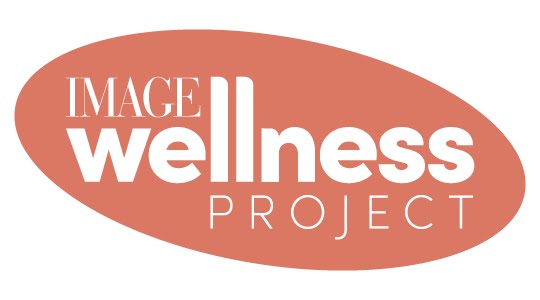
Being a psychologist entails supporting people to better understand and navigate their thoughts, feelings, emotions, behaviours and overall functioning in life. A lot of my work focuses on deep healing and empowering women to live happier and more peaceful lives, while offering themselves the same love, grace and compassion they so readily give to everyone else. I offer this support through my private practice, my podcast Unspoken, my Instagram page @the.wellness.psychologist and through media interviews, keynote speeches, and the beautiful healing events that I hold.
The busyness of life. Juggling 101 balls and spinning 101 plates, none of which we feel we can set down. This can include work life, home life or family responsibilities (or a combination of all three), and so often we rush from one responsibility to the next without giving ourselves a chance to slow down and breathe, and to signal to our bodies that we are safe and that we aren’t actually surrounded by the constant fires we feel we need to put out.

Stress occurs when we are faced with more demands than we believe we are resourced to handle. Everyday stress is functional, in that we experience it for a reason. For example, it motivates us to perform and to achieve, however, stress can also signal to us (as a warning sign) when we are feeling overstretched and burdened beyond capacity.
This is where chronic stress comes into play and our bodies are stuck in fight or flight mode for a prolonged period of time, being constantly flooded with stress hormones like cortisol and adrenaline. This can hugely impact us, as the pressure and overwhelm living in this state brings, can lead to mental and physical health difficulties such as depression, anxiety, impacted sleep, burnout, high blood pressure, heart disease, arthritis and much much more.
When clients share this feedback with me, I explain to them that activities like meditation and mindfulness are skills we need to develop, like roller skating! Imagine the first time you set foot in skates, your coordination is all over the place and you feel vulnerable, and like you will never learn to navigate this new activity, however with a little time and practice, you get better and better and soon it becomes second nature to you.
Meditation and mindfulness are the same in that it can feel really difficult or exposing to sit in silence for five minutes, especially if your mind goes into overdrive and you are flooded with a whole host of thoughts and emotions, however by starting small, such as for five minutes a day, and being gentle and patient with yourself, you will notice the improvement (and joy!) that comes from these incredibly healing practices.
That said, for some people, meditation and mindfulness are just not their thing, but practices such as journaling, yoga, running, and sea swimming may be. So find the activity you love and do that.
I create pockets of time in my day to slow down and rest. I manage my schedule and say ‘No’ when I don’t have the capacity to do something. I meditate. I drink Cacao. I sea swim. I sleep as much as I can! I prioritise ‘me time’. Over the years I’ve gotten really good at giving myself permission to do all of these things that I absolutely love, guilt-free, because I know they work and because I am a far better mother, wife, daughter, friend, and psychologist when I do.
The IMAGE Wellness Project is powered by Meaghers Pharmacy and in association with Activia, its4women, Irish Life Health, KIND and Pestle & Mortar. Visit our Wellness Hub to download your valuable workbook and to follow weekly updates including interviews, videos and podcast episodes with our leading wellbeing experts.